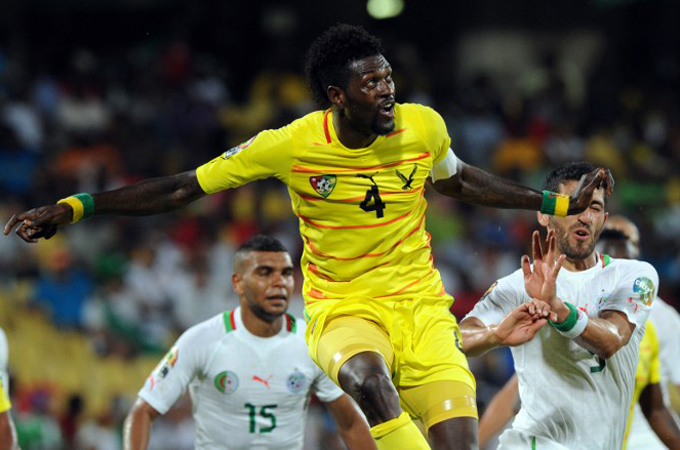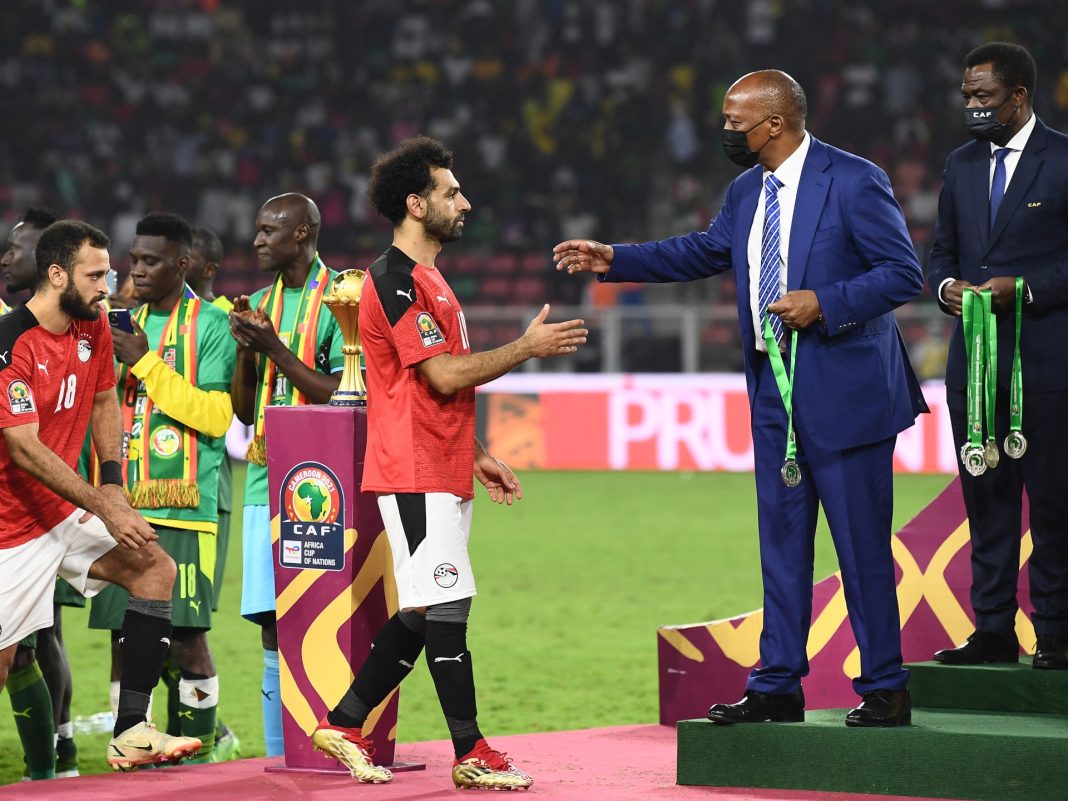In November 2023, former Chelsea midfielder John Mikel Obi rekindled a long-running conversation about the burdens breadwinners face, especially multimillionaire footballers playing at the highest level.
Speaking on the Vibe with Five podcast hosted by former England international Rio Ferdinand, Obi said, “When you come from Africa – and this is something I don’t think we speak a lot about – when you make money, it is not your money.”
He explained: “You have all these relatives, cousins, whatever. You get a salary and say, ‘I’ll put this aside for this person, put that aside for that person, and put that aside for my mum and dad’. Before you know it, you are getting less than them. That is the culture. They expect you to do that. For them, you owe them.”
For years, as the top leagues expanded and racked up billions in marketing revenue, players’ wages increased exponentially. But with more money, came more problems.
More footballers accumulated wealth but by the end of their careers, many were also broke or owned only a small fraction of their assets, if any.
Many examples abound for African players who once played within the continent or abroad: Lerato Chabangu played at Mamelodi Sundowns, the best-paying team in South Africa, on a generous package. He also played for the national team but is now destitute. Philemon Masinga, a former Leeds United striker, reportedly died penniless at 49.
Several other former Premier League stars, from Cameroon’s Eric Djemba-Djemba to Nigeria’s Celestine Babayaro fell on hard times following the conclusion of their careers. Former Ivorian right-back Emmanuel Eboue went from earning millions of pounds at Arsenal and Galatasaray to sleeping on a friend’s couch after a messy divorce.
In Nigeria, many ex-internationals have had to resort to social media appeals and GoFundMe campaigns to fund lifesaving surgeries, sometimes for illnesses from complications due to injuries during their career.
While financial mismanagement has been responsible in some cases, many players and indeed commentators on the issue, have also blamed their misfortunes on the strenuous demands from kith and kin, often referred to as “Black Tax”.

‘Black Tax’
The term “Black Tax” has its origin in apartheid-era South Africa and refers to money Black workers, especially professionals, and others with higher income, gave their parents, siblings or other family members, often out of obligation or a deeply ingrained sense of family responsibility.
For footballers, often among the highest-paid professionals in the world, Black Tax has become endemic but the matter has usually been discussed in hushed tones or privately. Players who have discussed it in public or cut ties with their family have been perceived as the “black sheep” of the family and sometimes ridiculed for seemingly turning their backs on relatives.
So Obi’s recent comments about the financial demands placed on African footballers from their kin ignited a conversation on the subject online and offline.
On social media, there were mixed reactions: some users blamed Obi for speaking publicly while others backed him.
Industry insiders were more aligned with his opinions.
Football is a notoriously boom-and-bust business. At the highest level where the biggest wages are earned, a career typically spans between 10 and 15 years, and within that period footballers are expected to not just feather the nest for the rest of their lives, but take on the burdens of others.
At the root of this expectation is a misconception, according to Nqobile Ndlovu, director and founder of Cash N Sport, an Africa-focused sports research company. “The notion that most football players earn millions is untrue,” he told Al Jazeera. “The FIFPRO Global study released in 2019 found that more than 45 percent of players surveyed globally earned less than $1000 a month. While this may have gone up in the adjoining years, the average player globally doesn’t earn millions.”
The pervasive nature of Black Tax is a direct challenge to the long-term financial security of African professional footballers, analysts say.
“Black Tax is a major issue,” Ndlovu said. “In South Africa for example, only 59,4 percent of households in the 2022 national statistics had income from wages and salaries while 51 percent had social grants as their main source of income.”
“With this data in mind, it’s important to consider that, in 2019, the average household size in sub-Saharan Africa was estimated to be 6.9 people per household. These players, more often than not, are supporting multiple people on their salaries.”
Togo’s Emmanuel Adebayor has been one of few players who has publicly detailed his frustration with what he perceived to be “manipulation” by his family,
The former Togo international had an accomplished club career, turning out for the likes of Arsenal, Manchester City and Real Madrid, and won the CAF African Player of the Year award in 2008.
However, he has had to face the same realities that Mikel brought to light. In a 2017 interview with Paris-based magazine So Foot, he revealed he contemplated suicide on account of their demands.
“They call me, not to ask how I am, but to demand money,” he said. “That was the case after I injured my hamstring while with Tottenham. They rang me while I was having a scan to ask me if I could pay a kid’s school fees. At least ask me first how I am…”

A change in lifestyle
But today, Adebayor is still widely considered one of the richest former footballers in Africa and lives decently. He attributes it to a change in lifestyle to a more prudent one.
“I’m not into banking but I was lucky enough that I was big on buying everything,” he told Al Jazeera. “I was big on buying lands and building houses. I also invest a lot in banks and I have a lot of cash flow.”
Despite his spending stretching to extravagance during his active playing days, he has had to wean himself off a devotion to designer jewellery. In that respect, his life is an example and a cautionary tale for the younger generation to heed.
Like many players today, he bought a lot of diamonds and expensive watches. “I have more than 100 gold watches which are crazy prices,” he told Al Jazeera. “Do I regret it? Not really, because I didn’t know any better but, if I had to do it again, I wouldn’t do it.”
Adebayor’s advice is to players to take care of themselves first and get proper financial advisors, before taking care of others since life after football is a lot more challenging.
“I’m tired of seeing all these African legends in the latter stages [of their lives] being on the road, asking for money and begging for money to survive or maintain their health challenges. When we’re footballers, our lifestyle is crazy. We just have to find a way to maintain that gap and it is never easy,” he said.
“It is important to know that as footballers you want to take care of other people’s problems but you are quick to forget that when you fall down, no one is going to take care of you,” he added.
Without exposure to financial literacy, African footballers are uniquely disadvantaged in their post-career standing, explains Ndlovu.
“The biggest common factor across Africa is the lack of an ingrained savings culture, both from a player point of view but also among the leagues,” he said.
In England, players registered to clubs in the top two divisions are automatically enrolled into a pension scheme into which they contribute and which is administered by trustees with its assets separate from the Leagues’ normal business. This is lacking in many sports and leagues in Africa.
“In addition, having agents that are proficient in giving some sort of financial advice has also not been mandatory so players are left vulnerable to get-rich-quick schemes and bad investments,” Ndlovu said.
“The pressure to make others happy or fix their problems is one that could end up consuming you, if you’re not careful. Football is a short career because just one bad injury could end it all.”
According to the Professional Footballers Association (PFA), an average of 30 players a year across the UK’s football leagues see their careers end prematurely due to injury. There is no readily available counterpart data for players in Africa, but with substandard pitches on the continent being considerably more, that number is likely higher.
With Black Tax a fixture still hard to dislodge, experts say the key to self-sufficiency and continued financial freedom is specific preparation for a career off the pitch.
And while Adebayor is proof that it is not impossible to find financial stability after a playing career even in the face of the challenges outlined above, he remains the exception rather than the rule.
“Some have found employment in fields completely unrelated to sport and are doing well or saved enough to live comfortable post-retirement lives … [but] a lot of them only know one thing: football,” Ndlovu said.







